The Balkans: Nationalism, War, and the Great Powers, Misha Glenny
Glenny’s The Balkans: Nationalism, War, and the Great Powers offers a balanced, detailed exploration of the region’s history, providing readers with invaluable insights into the complex interplay of nationalism, imperialism, and war. The book’s engaging narrative and deep research make it an essential read for history enthusiasts.
Misha Glenny’s The Balkans: Nationalism, War, and the Great Powers offers an intricate exploration of the tumultuous history of the Balkan region from the 19th century to the late 20th century. This comprehensive book delves into the complex layers of nationalism, imperial influence, and conflict that have shaped the Balkans, providing readers with a detailed understanding of how local and international forces have intertwined in the region’s turbulent history.
Glenny’s account, meticulously researched and engaging, offers valuable insights into the forces shaping modern Southeastern Europe, making it essential reading.
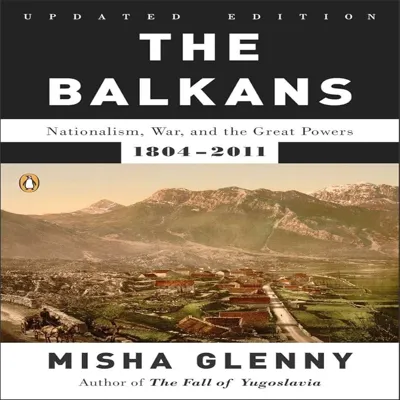
The Intersection of Nationalism and Power
Glenny masterfully examines how nationalism, fueled by local identities and external pressures, played a pivotal role in shaping the Balkans. Beginning in the 19th century, as empires like the Ottoman and Austro-Hungarian began to crumble, newly emerging Balkan states grappled with the idea of nationhood. These states often found themselves caught between competing nationalist movements and imperial ambitions from neighboring powers.
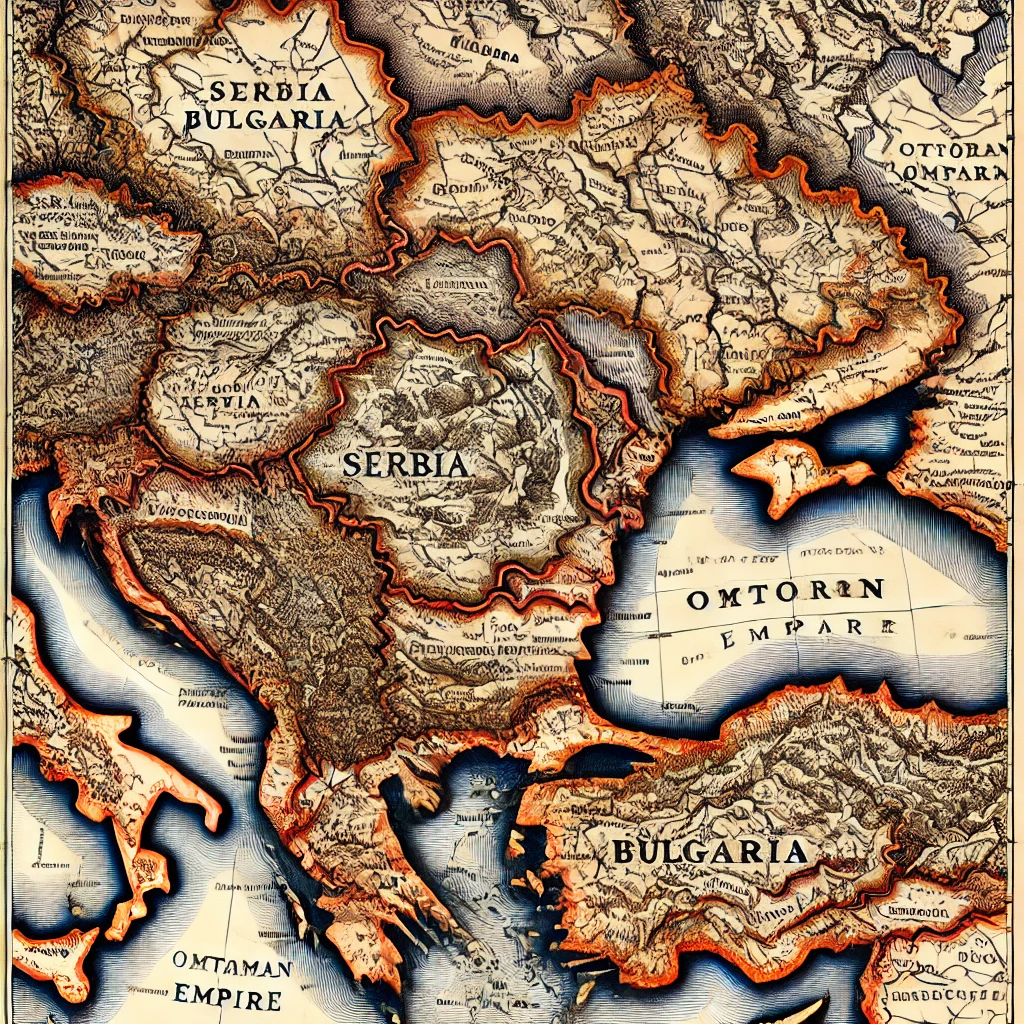
Key points in this section include:
- Rise of Nationalism: Local nationalist movements clashed with longstanding imperial control.
- Imperial Interests: European powers like Russia, Austria-Hungary, and Britain played significant roles in shaping Balkan borders and alliances.
- Fragmentation of Empires: As the Ottoman Empire weakened, various Balkan regions sought autonomy, leading to fierce rivalries.
Glenny’s examination of Balkan nationalism offers a solid foundation for understanding the conflicts that erupted in the 20th century.
Imperialism’s Role in the Balkan Conflicts
One of the most compelling aspects of The Balkans is Glenny’s analysis of the Great Powers’ influence on the region. He details how countries like Russia, Austria-Hungary, and Britain manipulated Balkan nationalism to their own advantage, often exacerbating tensions in the region. Glenny emphasizes that imperial powers sought control of the Balkans, viewing the region as a gateway to strategic geopolitical advantages.
In one poignant passage, Pinchon writes:
“The Balkans were not simply a pawn in the game of European politics, but an active participant in shaping its destiny.”
This quote encapsulates Glenny’s argument that while the Balkans were certainly influenced by external powers, the region’s own internal dynamics played just as significant a role. Glenny blends local and external forces, offering a nuanced view of the Balkans beyond just an imperial battleground.
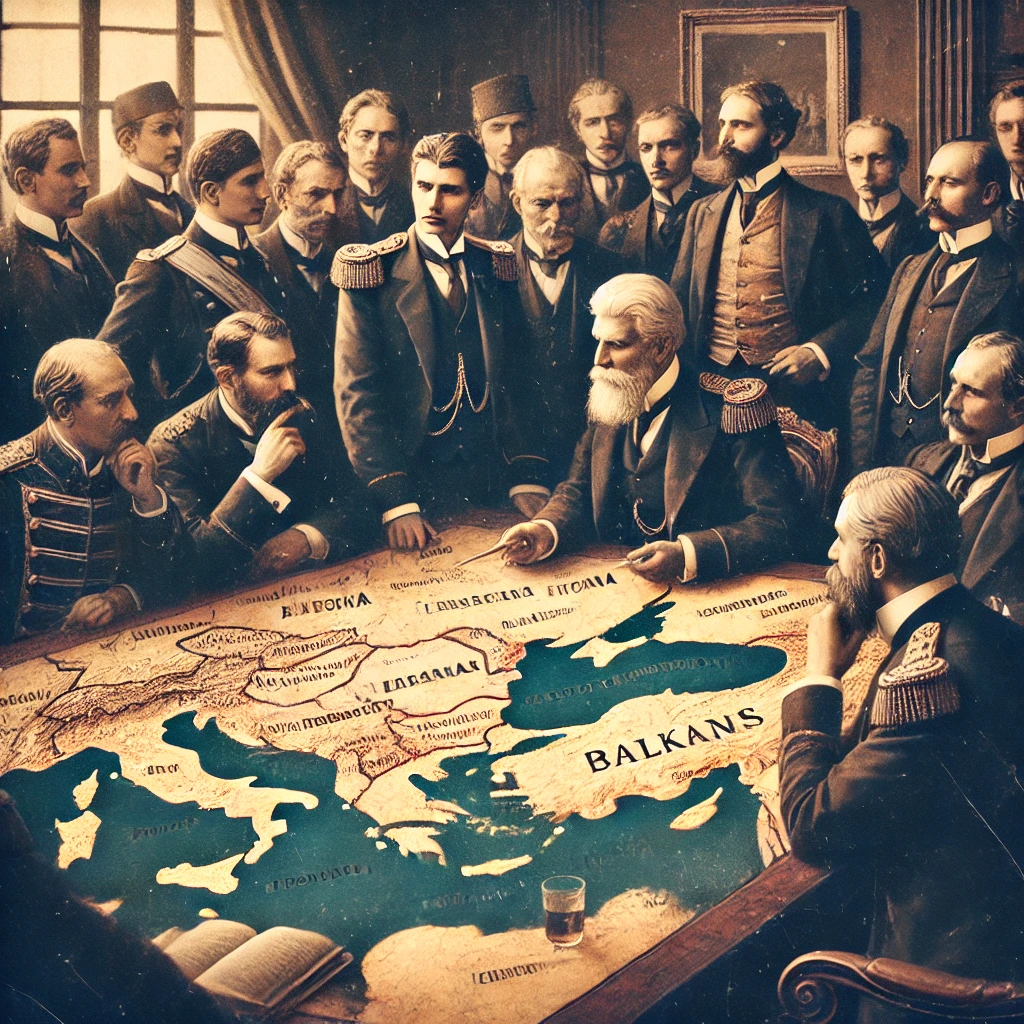
The Balkans in the 20th Century: War and Conflict
The Balkans became a hotspot for violent conflicts in the 20th century, including the Balkan Wars and World War I.
Glenny links these conflicts to 19th-century nationalist movements, highlighting how ethnic tensions and instability led to war.
Key conflicts and events Glenny discusses include:
- The Balkan Wars (1912-1913): These wars saw newly independent Balkan states fighting for territory previously under Ottoman control.
- World War I: The assassination of Archduke Franz Ferdinand in Sarajevo is often cited as the spark that ignited World War I.
- Yugoslav Wars (1990s): The disintegration of Yugoslavia led to brutal ethnic conflicts, genocide, and widespread displacement in the region.
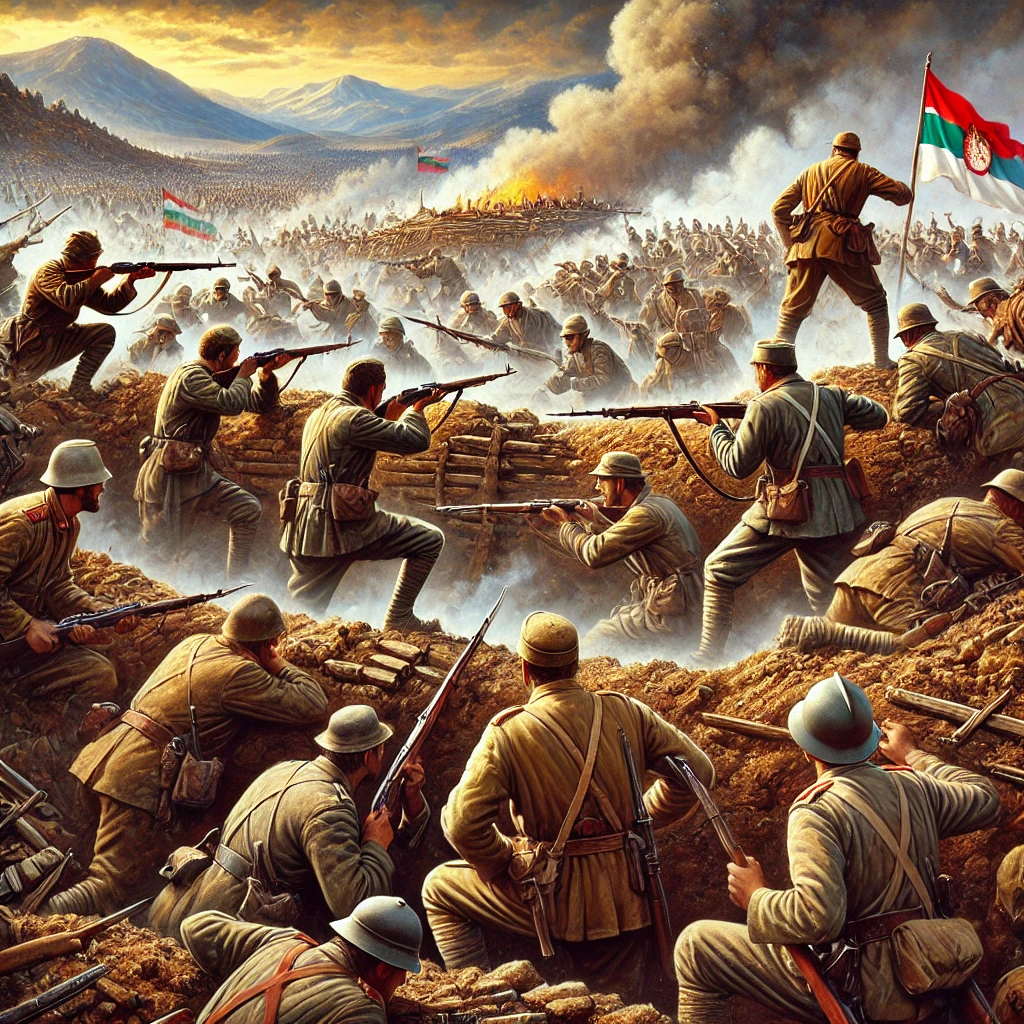
Glenny’s ability to connect these conflicts to their deep-rooted causes, while also highlighting their individual complexities, makes The Balkans: Nationalism, War, and the Great Powers an invaluable resource for anyone seeking to understand the region’s turbulent modern history.
The Role of the Great Powers in Yugoslavia’s Breakup
Glenny places significant emphasis on the international community’s role during the Yugoslav Wars of the 1990s. He critiques Western inaction and highlights how the international community’s failure to address tensions contributed to the ensuing violence.
. Glenny suggests that had there been a more proactive approach, the scale of the tragedy could have been minimized.
In a chilling passage, Glenny reflects:
“The international community’s indecision allowed old wounds to fester, and by the time intervention came, it was already too late.
This highlights a key argument: international actors in the 19th and late 20th centuries contributed to the Balkans’ instability.
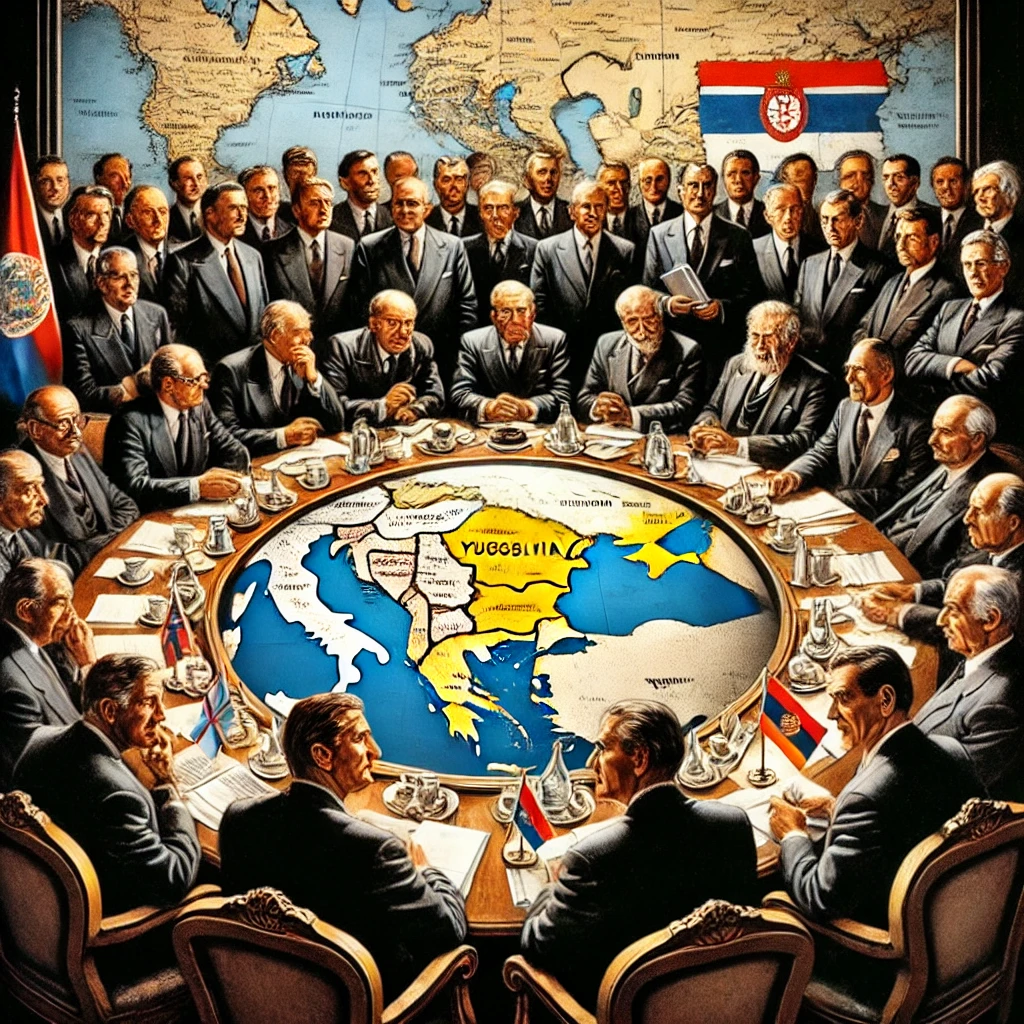
A Comprehensive, Engaging Historical Account
The Balkans: Nationalism, War, and the Great Powers by Misha Glenny is not just a recounting of historical events; it is a detailed analysis of the forces that have shaped the region over the last two centuries. Glenny’s writing is both accessible and thorough, making it suitable for readers with a deep interest in history as well as those new to the subject. He skillfully synthesizes complex political, social, and military histories into an engaging narrative, distinguishing this book from dense academic texts.
Readers will find:
- Extensive Research: Glenny’s account is based on years of research, interviews, and primary sources, providing a well-rounded view of Balkan history.
- Balanced Perspective: The book offers a balanced analysis of both local and international forces shaping the region.
- Readable Narrative: Despite the complexity of the subject matter, Glenny’s prose is clear and engaging.
- Historical Relevance: The themes of nationalism, imperialism, and conflict remain relevant to modern geopolitics.
- Insight into Modern Conflicts: Glenny draws clear lines between the historical events of the past and the conflicts of the present, offering valuable lessons for contemporary international relations.

Overall, The Balkans: Nationalism, War, and the Great Powers is essential for understanding the region’s complex and often tragic history.






